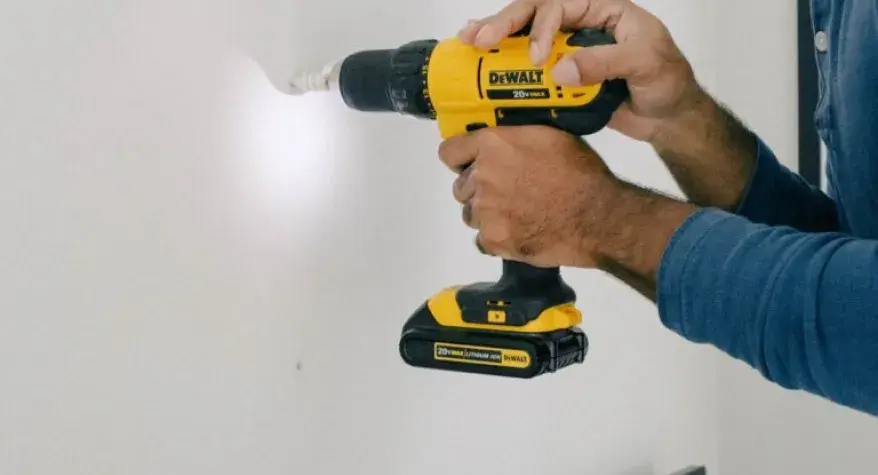How do I detect electrical wires in a wall?
It’s shocking to learn that around 50% of all serious electric shocks in UK homes come from DIY errors. It’s common to try and tackle DIY jobs around the home ourselves, rather than admitting we’re not sure and calling in a professional.
But when dealing with electricity, it is always best to put your safety first and call a registered electrician.
This is even the case when you are simply hanging a picture or putting up a new shelf. Do you know where the electrical wires are in your walls?
No, probably not!
But if you were to drill through one you would certainly know about it. You could blow the power to your property, or give yourself an electric shock which could result in hospitalisation or even death.
Electricity is dangerous and you should call in a professional who knows what he or she is doing.
Detecting electrical wires in a wall
There are some things that you can do if you want a rough idea of where the electrical wires are in your walls. These should always be done with care, you should follow the instructions to any equipment closely and in most cases you will need to turn the power off before using the equipment. You should always make sure you have a Residual Current Device installed which will cut the power in the event of an electrical fault caused by a DIY error.
1. Consult Building Regulations, check Blueprints, do a visual check
If your property is a new build or has been re-wired recently then you can be fairly sure that the electrician followed the regulations in terms of where he has put the wires. You can find these regulations here.
However, in many cases these regulations are not followed and so you can’t guarantee where the wires will be.
Additionally, you might have the blueprints to your house, or a map that has been previously created to show where the wires are. This should enable you to work out where you can safely drill holes.
Alternatively, you can do a visual check on the walls. Look for the plug sockets, light switches and other electrical outlets, as you will know that there will be cables around those areas.
2. Use a Stud Finder
You could use a magnetic stud finder to find the nails in the studs in the walls. Studs are wooden beams that hold up your walls, the magnetic stud finder can find the nails in the stud by generating a magnetic field. This is useful because the wires often rest on the nails in the studs. There are several different types of stud finders available and some are more accurate than others.
3. Use a Wire Detector
There are several types of wire detectors available and some are better at detecting through certain materials than others. Also, some can detect other objects in the wall like plumbing or wood.
An electrical wire detector works by emitting a signal through the wire which acts like a probe. There are many things to consider when choosing an electrical wire detector, and sometimes all they can tell you is that there might be a cable in the wall.
4. Use a Scope Camera
If you don’t mind damaging your walls a little then you could use a scope camera. By carefully cutting a small hole in the wall and using a scope camera with a bright light attached to it, you can actually see where the wires are.
You should always turn your power off before attempting this.
Of course by cutting a hole in the wall to insert the camera, you may feel that you might as well have hung that picture, but this can be useful for bigger jobs if you need to know where the wires are.
None of these are guarantees and we recommend that you always consult a professional who is qualified to find electrical wires in walls.
Consult a registered electrician
Our advice is always to consult a registered electrician to locate the wires in your walls. They have been trained to do this and have the necessary and most accurate equipment available. Once they have located the wires, they can create a map for you to show you where they are which you can keep for future use.
If the worst does happen and you drill through an electrical wire then you should always ask an electrician to come and fix the problem; you shouldn’t try to sort it yourself as this can cause more problems in the long term. As an electrician in Birmingham, I have been called out many times to fix the section of wire that has been damaged as a result of someone drilling through a wire. Don’t be embarrassed if things have gone wrong, it is always best to get a registered electrician to sort out electrical problems; we have seen it all before and we won’t judge you for dodgy DIY!




